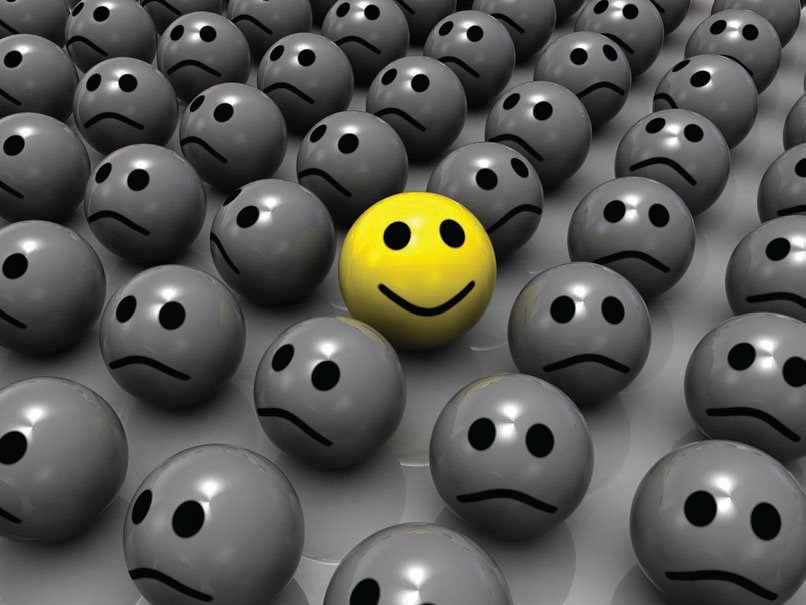Chapter 16Approaches to Treatment and Therapy

Learning Objectives
Ask questions . . . be willing to wonder
Why are there so many kinds of therapies, and how do they differ?
Should a client see a therapist of the same ethnicity?
What kind of therapy works best, and for which problems?
Can therapy ever be harmful?
Have you ever survived a traumatic event—war, violence in your family or neighborhood, the unexpected death of a loved one, or a natural disaster such as an earthquake or hurricane? Have you ever had to move away from the country or ethnic group you grew up in, to find yourself lonely and struggling in a new world? How about the pressures of being in college; do they ever make you feel depressed, worried, or perhaps even panicky?
For most of the emotional problems that all of us suffer on occasion, the two greatest healers are time and the support of friends. For some people, though, time and friends are not enough, and they continue to be troubled by normal life difficulties, such as family quarrels or fear of public speaking, or by a mental disorder: depression, generalized anxiety disorder, phobias, posttraumatic stress disorder, or schizophrenia. What kind of therapy might help them?
To become a licensed clinical psychologist, a person must have an advanced degree and a period of supervised training. However, the title psychotherapist is unregulated; anyone can set up any kind of program and call it “therapy”—and, by the thousands, they do! Across the United States and Canada, people can get credentialed as “experts” in some new fad simply by attending a weekend seminar or a training program lasting a week or two. To get the right treatment for whatever problem concerns you, you need to know what to look for and what to avoid.
In this chapter, we will evaluate (1) biological treatments, which are primarily provided by psychiatrists or other physicians, and which include medications or intervention in brain function; and (2) psychotherapy, specifically these major schools: psychodynamic therapies, cognitive and behavior therapies, humanist therapies, and family or couples therapy. We will assess which kinds of medication and psychotherapy work best for which problems, which ones are not helpful, and which ones might even be harmful.